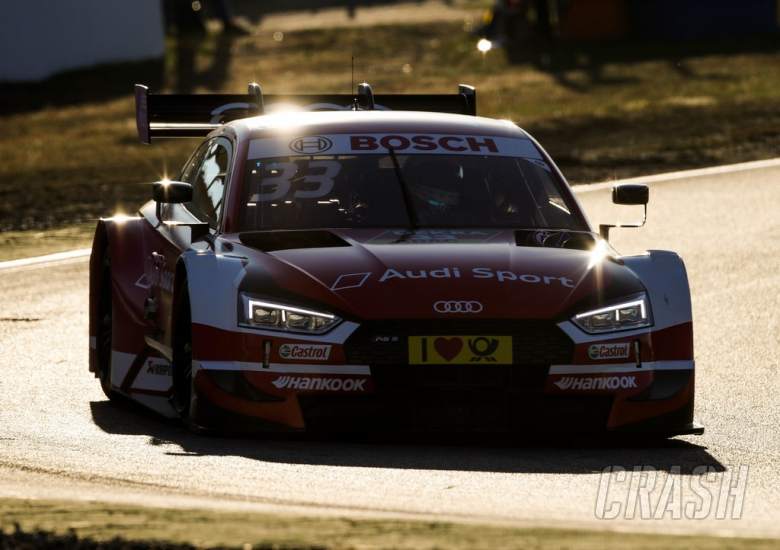Audi quits DTM amid coronavirus concern, electric vision


Audi announces it is withdrawing from the DTM series after 20 years to focus on Formula E in light of the financial pressures of the coronavirus
Audi has revealed the 2020 DTM season will be its last in the German touring car series as it becomes the first high-profile manufacturer to reshuffle its motorsport commitments in the wake of the coronavirus pandemic.
The Ingolstadt marque has been a stalwart of the popular German-based since it was revived in 2000, where it went up against the likes of Opel and Mercedes during the early years with the TT and the A4, before running the RS5 when BMW entered the fray in 2014.
However, after Mercedes exited the series at the end of 2018 in order to focus on its new Formula E team, Audi has confirmed it will be following suit partly for the same reasons, together with the financial pressures brought about by the coronavirus.
Indeed, though Audi says the decision is driven by a commitment to have 40% of its car sales come from its electric range by 2025 – thus making its involvement in Formula E more relevant – it admits the brand realignment is also ‘in light of the economic challenges due to the corona pandemic’.
“Audi has shaped the DTM and the DTM has shaped Audi. This demonstrates what power lies in motorsport – technologically and emotionally,” says Markus Duesmann, Chairman of the Board of Management of AUDI AG.
“With this energy, we’re going to drive our transformation into a provider of sporty, sustainable electric mobility forward. That’s why we’re also focusing our efforts on the race track and systematically competing for tomorrow’s ‘Vorsprung.’” Formula E offers a very attractive platform for this. To complement it, we’re investigating other progressive motorsport formats for the future.”
Audi’s impending withdrawal – leaving BMW as the sole remaining representative - coupled with the delays to get the season underway appears to put the immediate future of the DTM in peril. A bid to expand entries with four privateer Aston Martins didn’t have the desired effect in 2019, with the team pulling out for 2020.
If it couldn’t continue in 2021 it would be the second time the DTM has ceased after the spiralling costs force it to be cancelled in 1996.



